Joni Mitchell, ‘I Don’t Know Where I Stand’
“Hey, what about Joni Mitchell’s early stuff?” said the note I got from reader J.M. this week. Good question, J. I did write about her a relatively minor song from a relatively minor album: ‘Cactus Tree’, from her very first venture, “Songs to a Seagull”. Well, one can’t pay too much attention to Joni Mitchell, the unchallenged poetess laureate of popular music, so today we are going to visit her second, the much-more commercially successful “Clouds”. And of course we’ll go for a lesser-known song, ‘I Don’t Know Where I Stand’.
“Clouds” is an album I don’t listen to often, populated by songs I know too well (‘Chelsea Morning’, the overly covered and abused ‘Both Sides Now’), songs I find inaccessible (‘Tin Soldier’, ‘Roses Blue’, ‘The Fiddle and the Drum’), and a number I find attractive but not overwhelming (‘The Gallery’, ‘Songs to Aging Children Come’). Still, I gave it a few serious relistenings, and reached the same old conclusion: damn, she’s one fine artist.
Even the songs I’m less drawn to – you look at them seriously and you find them brimming with impeccable craftsmanship, passion, humor, elegance, intelligence, wisdom.
Joni’s not a poetess, she’s a singer-songwriter. Poetry is a medium in which the words themselves are the materials. For a long time now we’ve related to poetry as words on the page, even though it was once a performance medium. Songs are a combination of words and melody and harmony and arrangement and recording and performance. The lyrics, fine as they may be, are not conceived to exist in a context devoid of at least some of those other elements.
What about Dylan? Dylan’s a genius. He’s written some damn good prose poetry (the liner notes to “Bringing It All Back Home” and “John Wesley Harding” are both well worth spending a lot of time on). His lyrics are the standard by which serious lyrics are measured. But they’re not poetry. They’re an essential part of a complex called Song. Don’t try to sell ‘Chimes of Freedom’ on the page. It wasn’t written for the page, it was written to be nasaled and shouted and banged on the guitar.
What about Leonard Cohen? Well, he was a published poet before he became a singer/songwriter. “Suzanne Takes You Down” was from his first book, “Parasites of Heaven”. From my vague memory, there are discrepancies between the lyrics and the poems, but who cares? An exception to prove the rule, and let’s get back to the fairer Canadian.
Joni’s sometimes deceptive, because her songs are so often so darn pretty, and singable, and full of hooks and melodies and all that stuff that makes pop songs so attractive. But if we look beyond that, we’ll see just how much of an artisan she is. Each and every song is a carefully crafted work, the product of a mistressful artist who happens to possess a magnanimous soul.
Let’s take for example “The Gallery” describing her painter-lover, three stanzas and a coda, a narrative of the curve of their relationship, deftly employing an extended metaphor. It’s clever and a half, even when forced (When I first saw your gallery/I liked the ones of ladies/Then you began to hang up me/You studied to portray me). Heck, she was only 26. But there are also lyrics that begin to transcend the cute and the clever and the honest: I was left to winter here/While you went west for pleasure/And now you’re flying bock this way/Like some lost homing pigeon/They’ve monitored your brain, you say/And changed you with religion. Now, that’s interesting! It’s also emotionally naked and a bit frighteningly honest.
They say that Joni’s intimates (and there were apparently many) were frequently shaken by the directness of the references to the details their lives. I’m no expert on Joni’s bio, but I was raised in the school of critical reading that says “I don’t really give a hoot about the relationship to the artist’s life, the work either stands on its own terms or it doesn’t.” I’m perfectly content to let my imagination wander through the very rich and evocative and intriguing and convincing world that Joni creates.
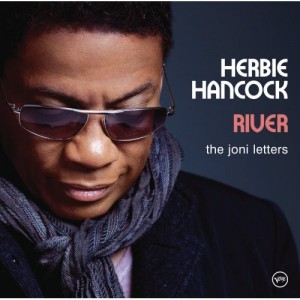 “Clouds” is a major step past “Songs to a Seagull”. Even ‘Chelsea Morning’, the song most reminiscent of the ebullient excitement of her new life in The City is more refined musically and artistically than anything on the first album. It’s a virtuoso performance vocally and instrumentally, showcasing among other elements her use of open tuning.
“Clouds” is a major step past “Songs to a Seagull”. Even ‘Chelsea Morning’, the song most reminiscent of the ebullient excitement of her new life in The City is more refined musically and artistically than anything on the first album. It’s a virtuoso performance vocally and instrumentally, showcasing among other elements her use of open tuning.
Guitars are usually tuned in such a way that you need to press down on strings to create a chord, but there are a variety of non-standard tunings make all six strings accord harmonically into, for example, a major chord. This enables the musician to strum more vigorously, to play a series of chords by simply barring the neck rather than fingering chords. This gives different voicings to the chords, including a distinct resonance from all open strings. It’s often used on slide guitars and in the blues; Keith and Brian Jones and The Allmans and even Dylan have used it in rock; but Joni uses it exclusively.
She’s also a stunning pianist, though these first two albums use only guitar (one cut excepted). I won’t be spoiling anything if I say that these two albums comprise her freshman year. Next will come “Ladies of the Canyon”, a treasure chest of widely varied songs thematically and stylistically. Less consistent perhaps, more exploratory. And then comes–yeah, you knew it before I said it–“Blue”. But we get ahead of ourselves.
There’s a lot of emotional growth here in “Clouds” as well. ‘Both Sides Now’, the iconic paean to disillusionment, is the underbelly of all that manic elation. I have trouble with the song today. It’s hackneyed for me, it’s been performed to death. But truisms are true. Herbie Hancock won a Grammy for Best Jazz Instrumental Solo on his treatment of the song in his tribute album to Joni, “River: The Joni Letters” (Thom Jurek says it “feels like it is being played from the inside out”). Note also Wayne Shorter’s contribution. So who cares if I have problems with the song?
Joni chooses to open “Clouds” with ‘Tin Soldier’, a love song on paper, a dirge in performance. There are songs about Viet Nam (‘The Fiddle and The Drum’), mental illness (‘I Think I Understand’), the lunacy of the nouveau-religious (‘Roses Blue’) and a quasi-traditional folk/art gem that defies description (‘Songs to Aging Children Come’)
One expression of that new maturity is our Song of The Week, ‘I Don’t Know Where I Stand’. It’s perhaps less of a showpiece in terms of craftsmanship, but it’s harrowingly honest, and it’s beautiful.
She has strong feelings towards him. She wants to express them, but she’s unsure of herself. I come back to one of my recurrent thoughts about Joni, quoting myself from SoTW 106: “Much of the little I understand of the female psyche I’ve learned from Joni Mitchell. I don’t take her to be emblematic of Womanhood. She’s an individual, with a unique vision of the world, but one that is profoundly female. She has thoughts and feelings and desires and disinclinations that seem to me engendered in that other side of the fence, visions and versions that would never cross my testeronic landscape.”
‘I Don’t Know Where I Stand’ could never be written by a male. But it sure does give me a glimpse of illumination of that most profound of mysteries, what goes on inside a woman. Perhaps the persona knows not where she stands, but the artist certainly does.
Funny day, looking for laughter and finding it there
Sunny day, braiding wild flowers and leaves in my hair
Picked up a pencil and wrote “I love you” in my finest hand
Wanted to send it, but I don’t know where I stand
Telephone, even the sound of your voice is still new
All alone in California and talking to you
And feeling too foolish and strange to say the words that I had planned
I guess it’s too early, ’cause I don’t know where I stand
Crickets call, courting their ladies in star-dappled green
Thickets tall, until the morning comes up like a dream
All muted and misty, so drowsy now I’ll take what sleep I can
I know that I miss you, but I don’t know where I stand
I know that I miss you, but I don’t know where I stand
If you enjoyed this post, you may also like:
106: Joni Mitchell, ‘Cactus Tree’ 259: Chris Thile & Brad Mehldau: ‘Marcie’ (Joni Mitchell), ‘Don’t Think Twice’ (Dylan) 286: Joni Mitchell, ‘The Circle Game’163: Joni Mitchell, ‘For Free’
177: Joni Mitchell, ‘Woodstock’
014: Woodstock, the event (Hebrew)
277: Joni Mitchell, ‘Electricity’
260: David Crosby/Joni Mitchell, ‘Yvette in English’





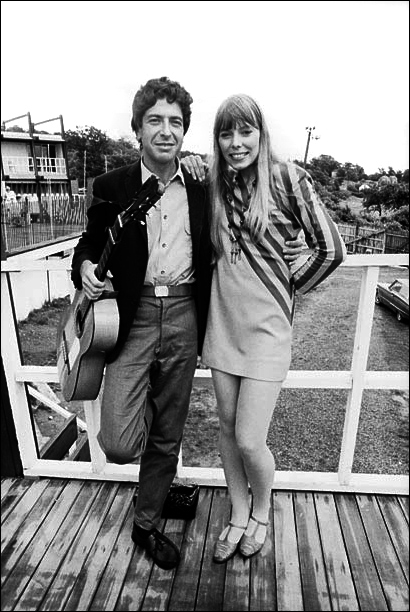
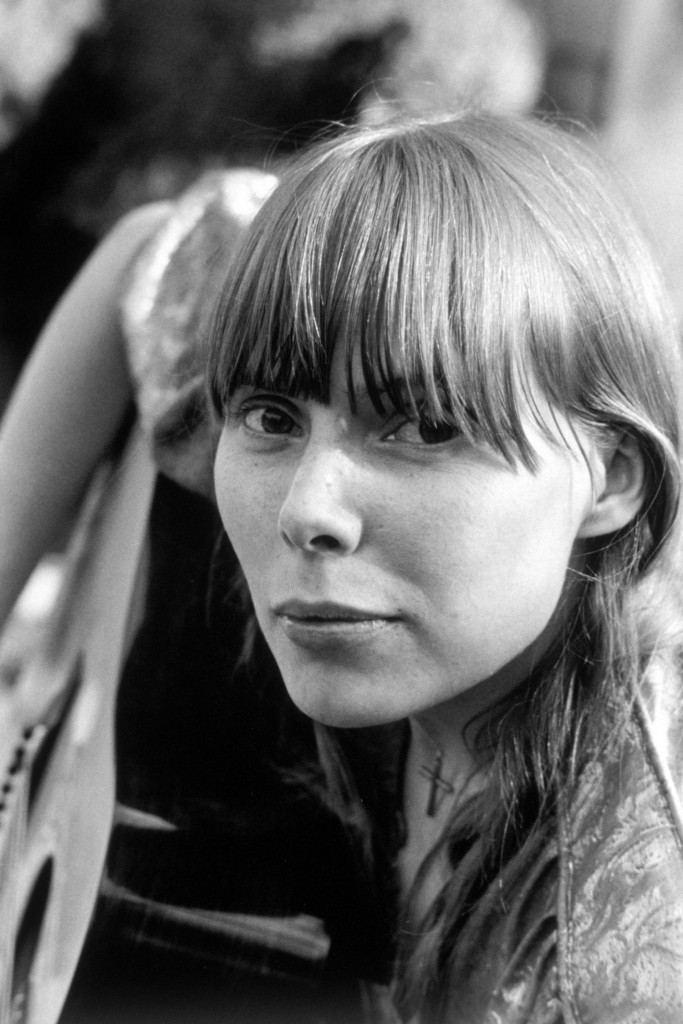
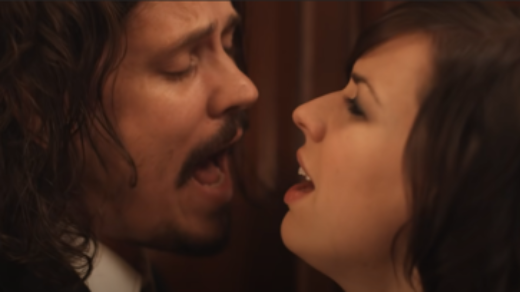

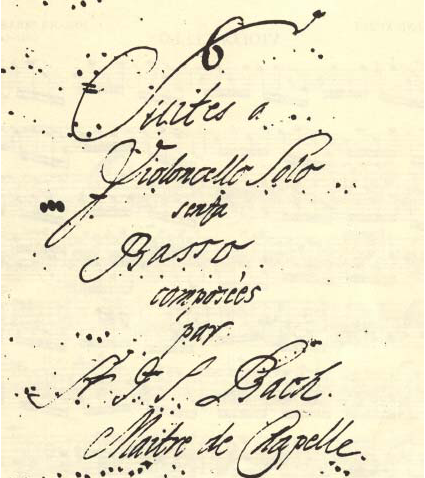
written very well, very enjoyable
Lovely voice, lovely sotw.
This site and your postings *Always* hit home.
I have loved Joni since I was a senior in high school. The new version of “Both Sides Now” (shown beautifully in the movie Love, Actually) is so poignant that the song seems to change entirely. I own every Joni album, and, unlike critics of the day, loved the entire album “The Hissing of Summer Lawns.” I’ve seen her in concert, most recently in Atlanta: gorgeous, but, because she’s never given up smoking, she can’t hit the high notes any longer, thus eliminating some songs from her repertoire. Still worth every dollar. Thanks for returning to Joni. Her unique music and the changes she has undergone seem to demand that you return to her again and again!
It’s a great song and one of my favourites of Joni’s. My favourite version though is sung by Sandy Denny on Fairport Convention’s BBC sessions album Heyday for anyone interested
As usual we seem to be in sync. This is my fave from that album too. It is intense, heady, trippy even in its own way. And it is nice how it moves from the tightly structured chords under the lyrics to the wholly unexpected and hard to decipher chord shifts at the end, courtesy of her open tuning. It is like moving from one dream to another new one.
I forgot about your site for awhile. I originally found you reviewing Chrysalis, many years ago. Then just today traveled down memory lane again looking at some CSN and sometimes Y.
One thing led to another and I found myself here — a bit forlorn but uplifted by your reviews.
Thank you.
Any friend of Chrysalis is a friend of mine.
Windy afternoon stirs dust around us with a rusty spoon…